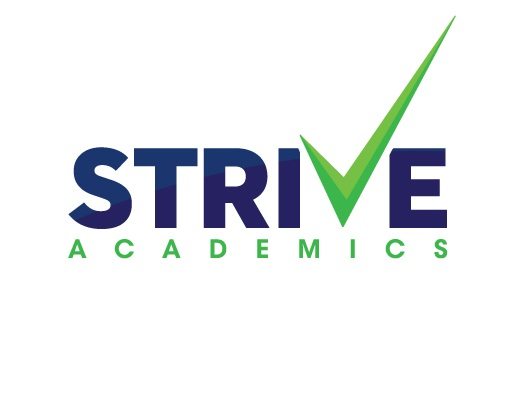4 Useful Ways You Can Take Remarkable Notes
Note-taking is one of the fundamental skills that students need to succeed academically. During the course of a school year, so much information is covered that it becomes near impossible to stay on top of things if you don’t have clear notes. Take a look at your notebook. Are the notes detailed? Do they even exist? What causes many students to struggle in classes comes down to a few reasons: they are not paying attention, they don’t understand how the information is being communicated, or because they’re not taking (or don’t know how to take) good notes. Note-taking is important because it helps students record and organize important information in a way that makes it easy to review and retain. During the course of taking notes, students must also exercise other skills such as active listening and simplifying broad concepts into the key points that really matter. As a result, the notes help reinforce the information gained from a lecture or source material and is the first step towards understanding new concepts. Last, it becomes an essential resource for when exams pop up.
Before you take notes
Before taking notes, you must prepare properly for class. This means doing any required reading and reviewing any handouts, slides, or other documents the teacher may have handed out. You should arrive early for class to make sure you have time to take out any necessary materials, notebooks, writing utensils, and so on. You should also make sure to minimize any distractions. Turn cell phones to vibrate or off, sit near the front of the class where it becomes harder to talk to peers (with the added benefit of being able to hear the teacher more clearly), and avoid using your computer or tablet (even if allowed) as it may tempt you with notifications, social media apps, and more.How to take notes
When taking notes, organization is key. Title each page with the subject matter and section it refers to in your book. Also, date each note. These things will help you find the notes more easily when you need to. If your teacher mentions page numbers for the textbook in lessons, include them in your notes for reference. If not, look them up yourself in the index of your textbook. Your notes may cover many different topics. Make sure to have different subheadings for each subject covered. Keep in mind that the goal of note-taking is not to copy down everything in the lecture or source material word for word. You should focus on the most important information and summarize the key points. Make up your own shorthand and abbreviations if you need to help you save time. Make charts and draw diagrams to illustrate the concepts that are covered. Write out examples from your books or lectures. If you just can’t keep up with the pace of a lecture, try using a voice recorder and mark down the key times (as marked on your voice recorder) when your teacher said something really important so that you can play back the information with ease.Pay attention to…
The most important part of note-taking is understanding what kinds of information you should pay the most attention. The most important concepts tend to come up again and again. If your teacher/source material thinks the point is important, they will put focus on that concept. The concept will be mentioned repeatedly and emphasis may be given to keywords and phrases. Take note of transition words like “first,” “last,” “next,” or obvious statements such as “this is important” or “write this down.” Always assume that whatever your teacher says should be written down unless specifically stated otherwise. Again, avoid distractions, and make an effort to minimize them as much as possible. Sit closer to the front of the class where you can hear the teacher more clearly (and also make it harder for you to interact with friends during a lecture), turn your phone to silent or off, and avoid using a computer or tablet to take notes if you know you’re tempted by the notifications, social media, web browsing, and other distracting things.After you take notes…
Taking notes is just half of the battle. Your notes are less effective if you are not taking the time to use them. After class, review what you have written. Add in any important information you didn’t have time to write down during the lecture while it’s still fresh in your mind. Clean up how your notes are organized, and take this time to ask your teacher for clarification on any of the topics mentioned in class that you didn’t understand. Color code your notes or add diagrams. Add in page numbers. Define key terms. All of these things will help make your notes more useful during study times.Other note-taking methods
There isn’t a one-size-fits-all note-taking solution. There are many different ways to take notes, and you may find that one method works better for you than others. You may find that you like a few different note-taking methods and adapt which one you use depending on the situation. Below are some popular note-taking methods that are different from what we’ve stated here. If you feel you’re still having trouble with the information in your notes and lectures or just need accountability, consider getting a tutor. We work with students on their study skills all the time, and tutoring can be a great way to refine your note-taking abilities and understanding of concepts overall.View our resources
Strive Resources | TpT | Made By Teachers | Classful | Etsy






